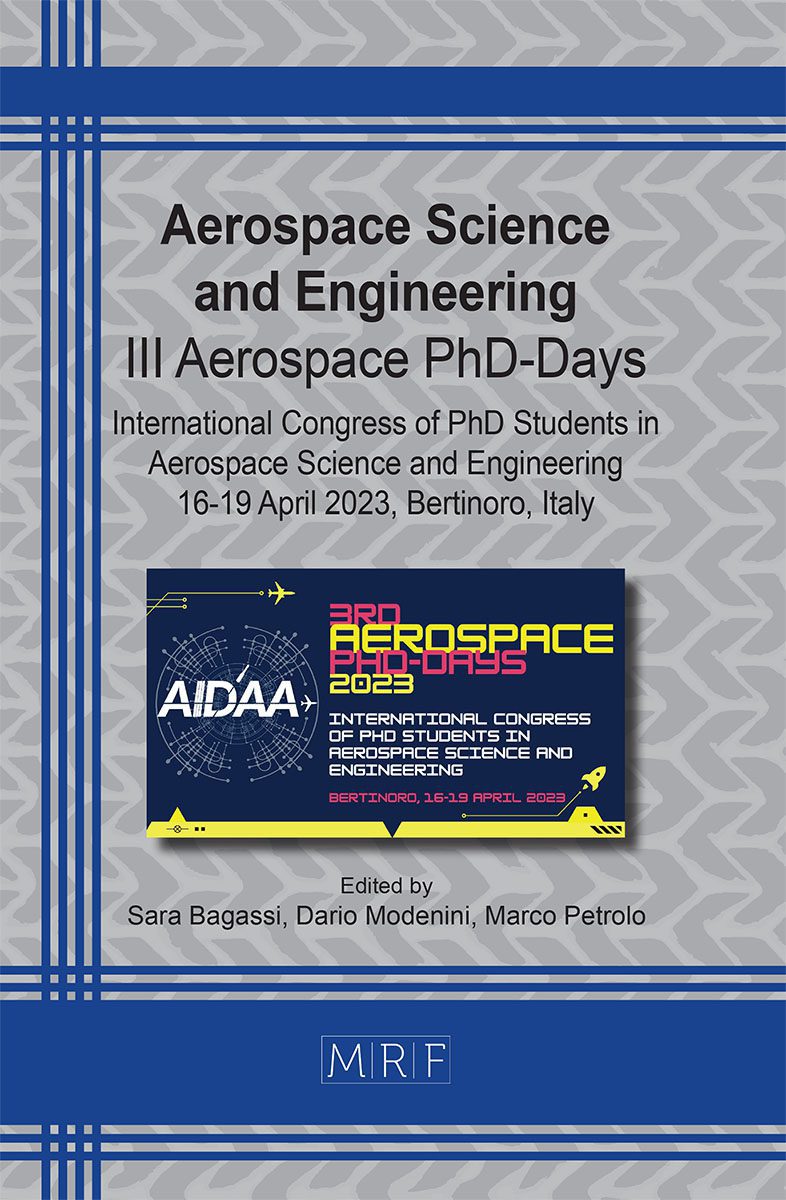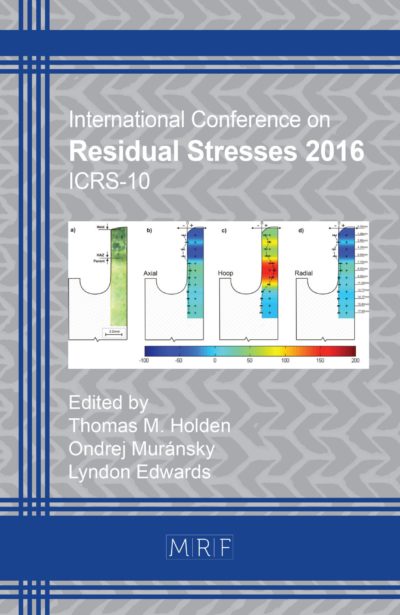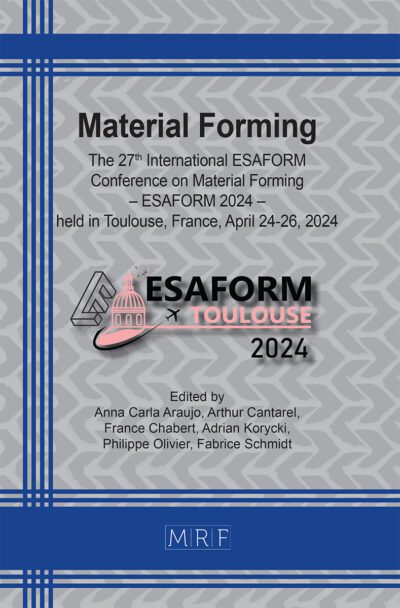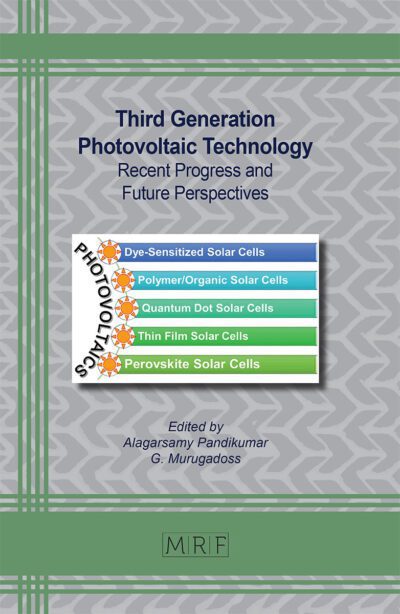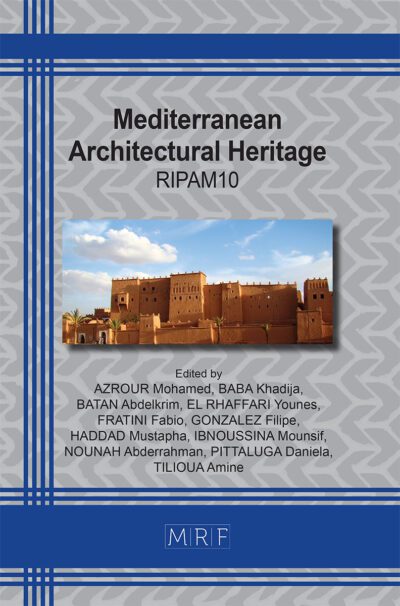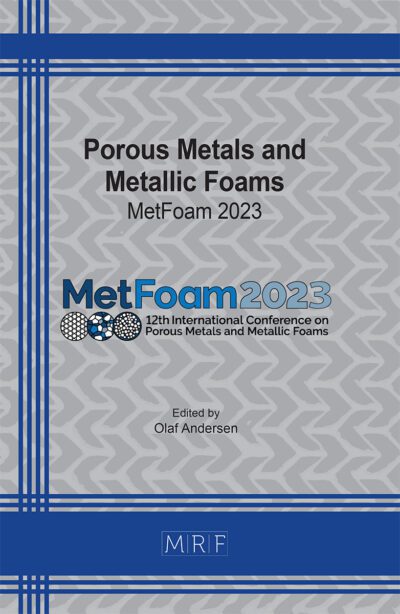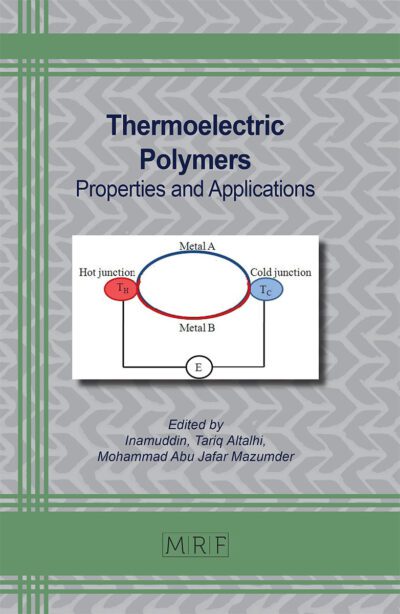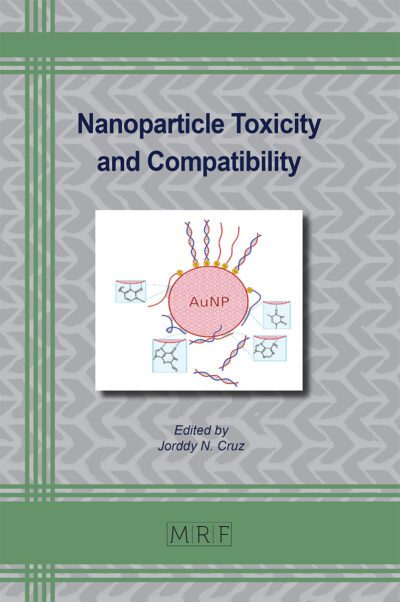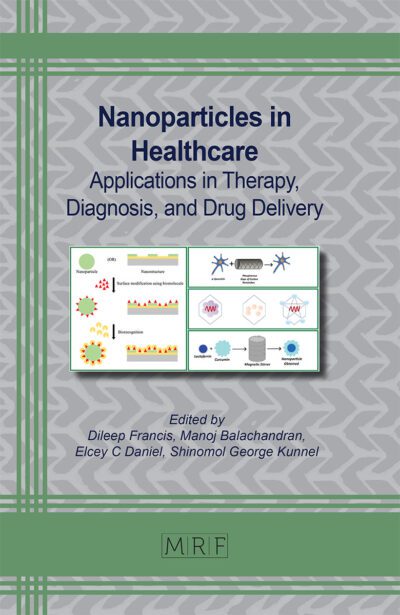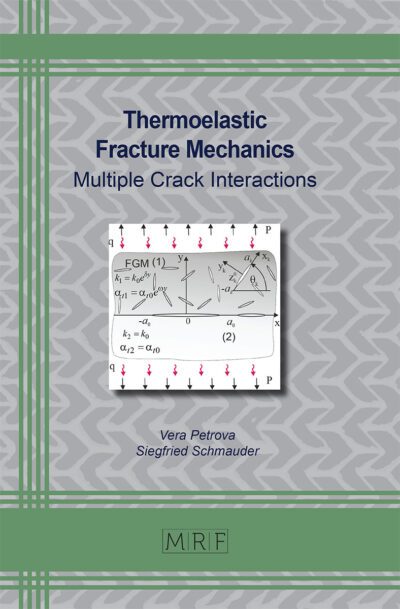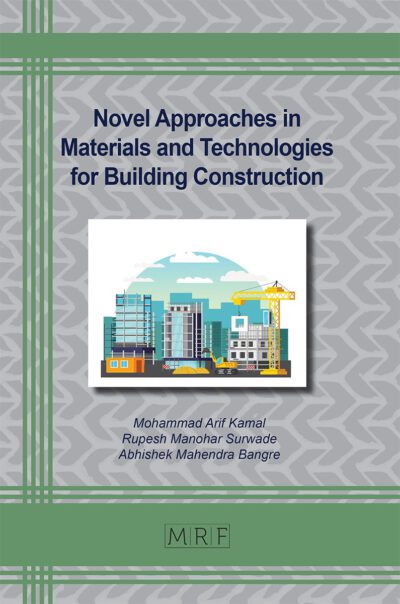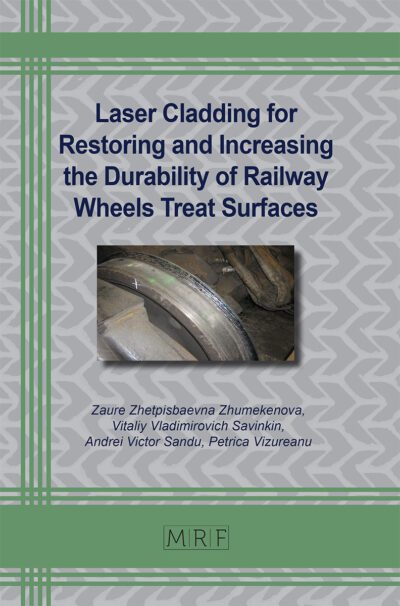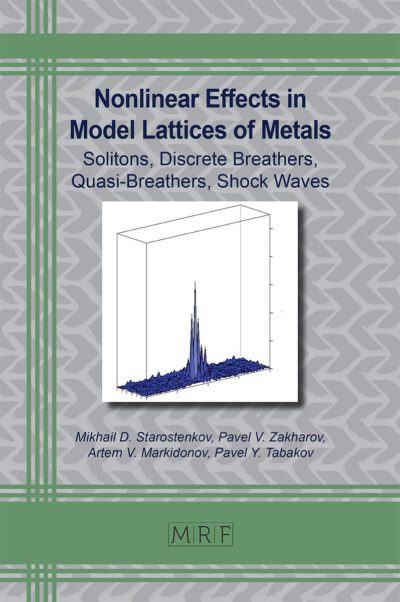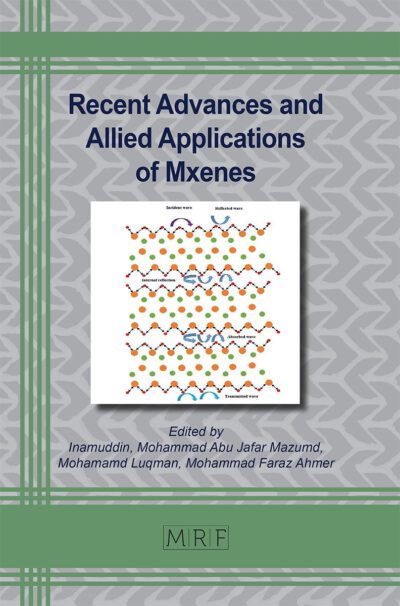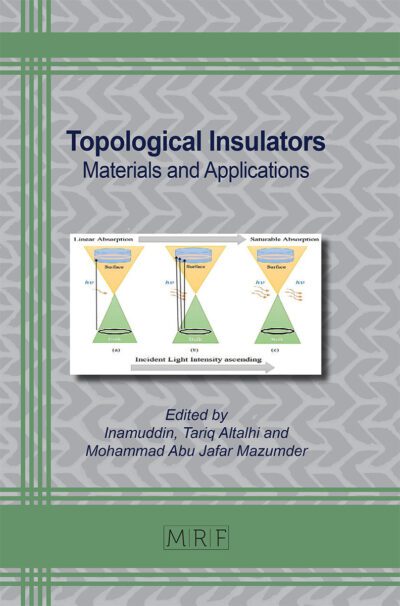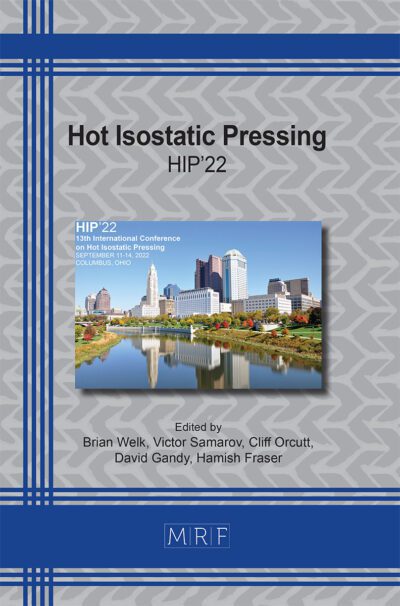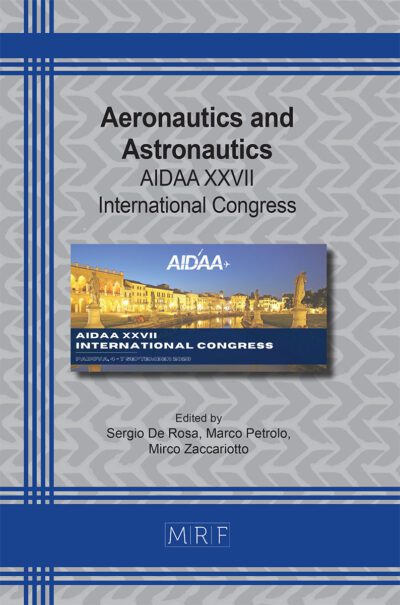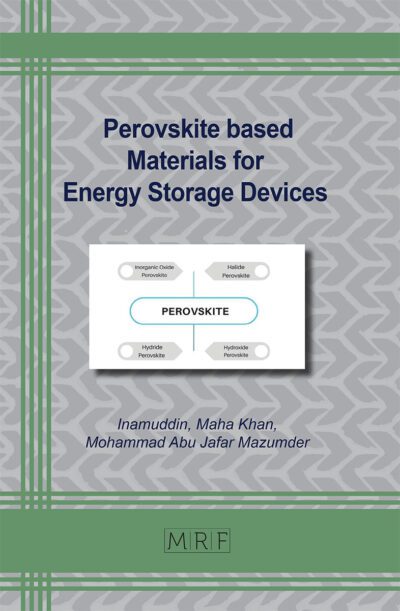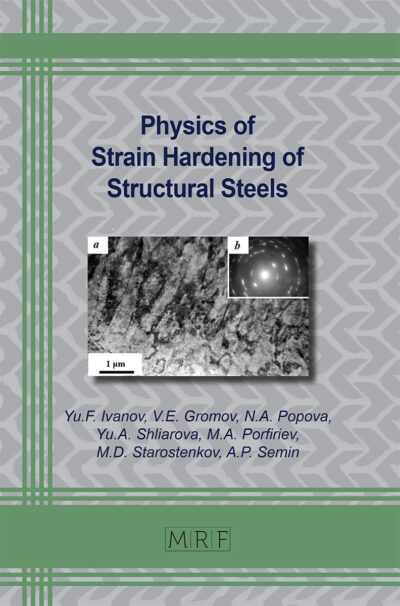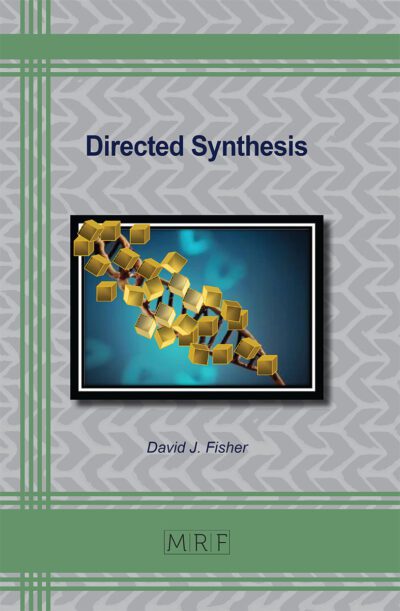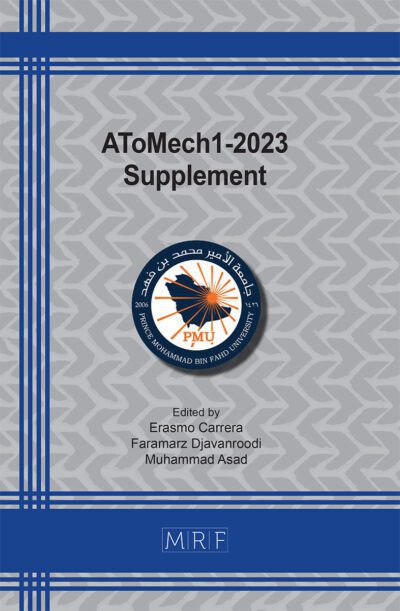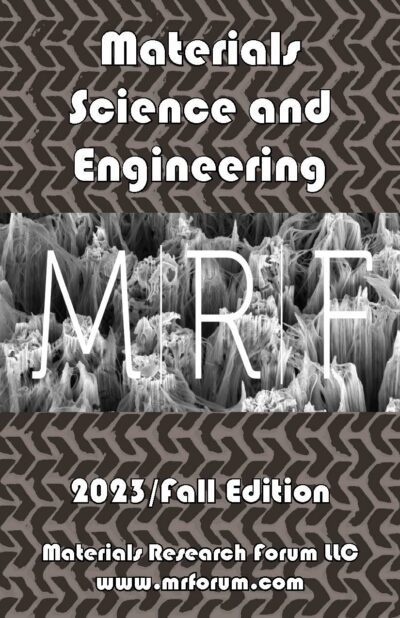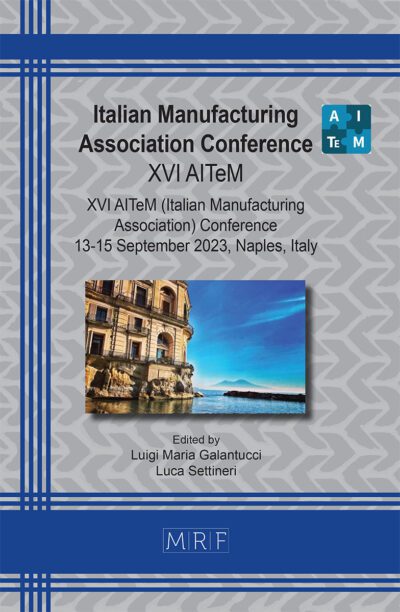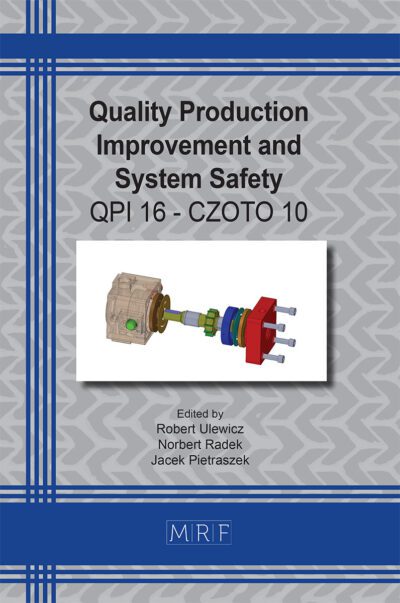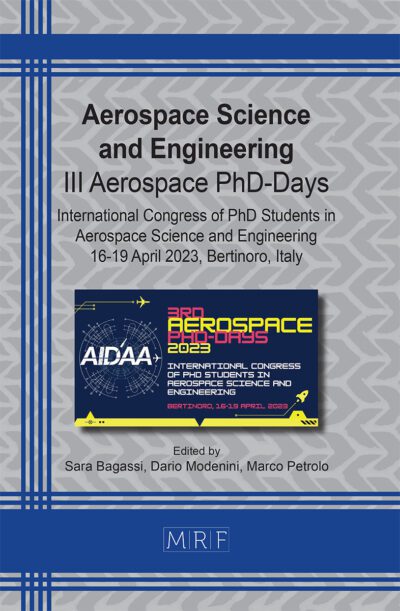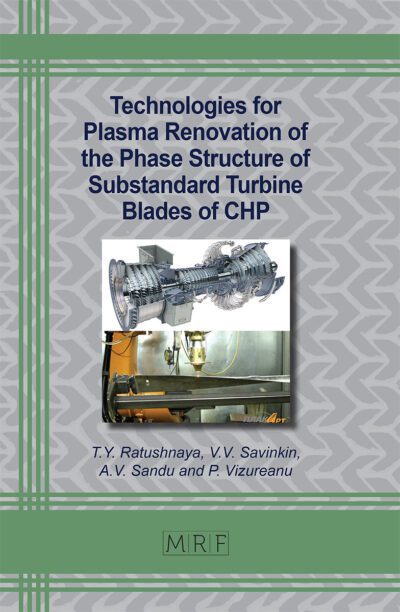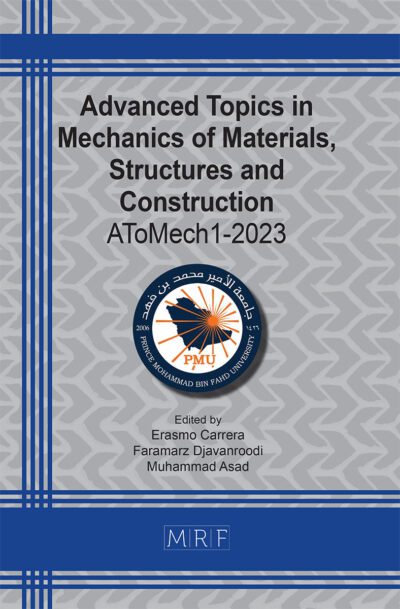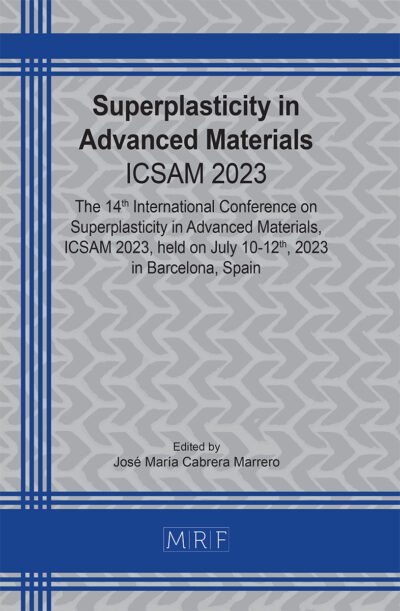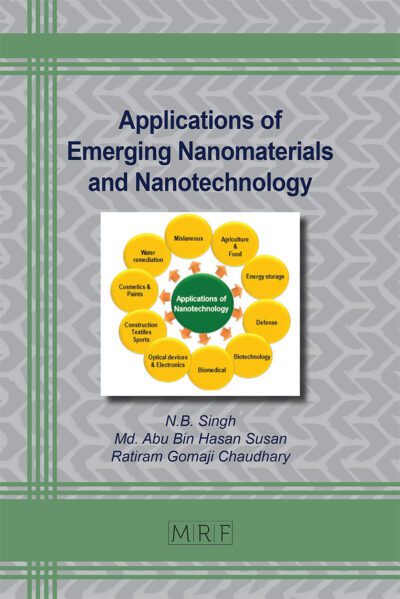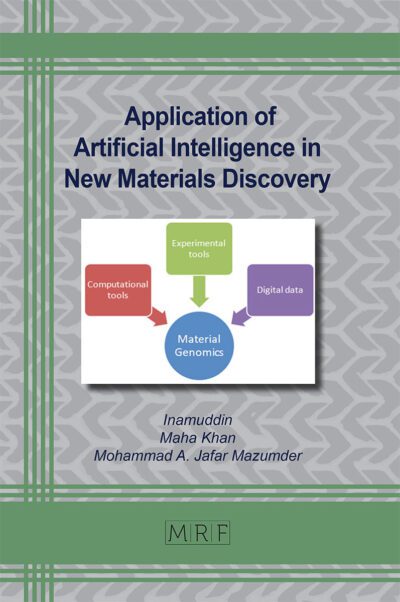HACK: a Holistic modeling Approach for Cubesat cyberattacKs
Salvatore Borgia, Francesco Topputo, Stefano Zanero
download PDFAbstract. In recent years, the threat of cyberattacks has been growing rapidly in numerous industrial sectors that have an impact on our daily life. One of these is the space industry, where the risk of hacking a single satellite can lead to dangerous effects not only for economics but also for Earth critical infrastructure like: transportation systems, water networks, and electric grid. The vulnerability of complex space systems has already been demonstrated in the past. In 1998, for example, hackers took control of the ROSAT X-Ray satellite pointing its solar panels directly to the Sun and causing physical damage. Nowadays, since the attention is moved on small and less sophisticated system, such as CubeSat, the risk of cyber intrusions is even higher as the COTS (Commercial-Off-The-Shelf) technology they use is based on open-source operating systems. In order to counteract this imminent problem, the development of a high-fidelity CubeSat digital model is needed to study and solve related space cybersecurity issues. In fact, thanks to the virtual prototype, what-if simulations can be performed allowing to analyze different cyberattacks scenarios and predict undesirable events on the CubeSat flying on its operative orbit. Moreover, the building of the digital model requires a holistic modeling approach and simulation tools which allows to consider Multiphysics phenomena occurring on the space system itself. Finally, the possibility of connecting the virtual model to a real space system, obtaining the so-called Digital Twin (DT), will help engineers to conduct more accurate actions during the mission.
Keywords
Cyberattacks, Digital Model, CubeSat, Cybersecurity, Holistic Modeling, Multiphysics Simulation, Digital Twin
Published online 9/1/2023, 7 pages
Copyright © 2023 by the author(s)
Published under license by Materials Research Forum LLC., Millersville PA, USA
Citation: Salvatore Borgia, Francesco Topputo, Stefano Zanero, HACK: a Holistic modeling Approach for Cubesat cyberattacKs, Materials Research Proceedings, Vol. 33, pp 281-287, 2023
DOI: https://doi.org/10.21741/9781644902677-41
The article was published as article 41 of the book Aerospace Science and Engineering
![]() Content from this work may be used under the terms of the Creative Commons Attribution 3.0 license. Any further distribution of this work must maintain attribution to the author(s) and the title of the work, journal citation and DOI.
Content from this work may be used under the terms of the Creative Commons Attribution 3.0 license. Any further distribution of this work must maintain attribution to the author(s) and the title of the work, journal citation and DOI.
References
[1] G. Falco, Job One for Space Force: Space Asset Cybersecurity, Belfer Center for Science and International Affairs, Harvard Kennedy School, Vol. 79, 2018.
[2] E. Glaessgen, D. Stargel, The Digital Twin Paradigm for Future NASA and U.S. Air Force Vehicles, 53rd AIAA/ASME/ASCE/AHS/ASC Structures, Structural Dynamics and Materials Conference, 2012. https://doi.org/10.2514/6.2012-1818.
[3] J. Liu et al., Dynamic Evaluation Method of Machining Process Planning Based on Digital Twin, IEE, 2019. https://doi.org/10.1109/ACCESS.2019.2893309.
[4] R. Rosen, G. von Wichert, G. Lo, K.D. Bettenhausen, About The Importance of Autonomy and Digital Twins for the Future of Manufacturing, IFAC-PapersOnLine 48-3 (2015) 567-572. https://doi.org/10.1016/j.ifacol.2015.06.141.
[5] S. Haag, R. Anderl, Digital twin – Proof of concept, Manufacturing Letters, Vol. 15, Part B, pp. 64-66, 2018. https://doi.org/10.1016/j.mfglet.2018.02.006.
[6] J. A. Estefan, Survey of Model-Based Systems Engineering (MBSE) Methodologies, INCOSE MBSE Initiative, 2008.
[7] A. Maria, Introduction to Modeling and Simulation, Proceedings of the 1997 Winter Simulation Conference. https://dl.acm.org/doi/pdf/10.1145/268437.268440.
[8] M. Kirshner, Model‐Based Systems Engineering Cybersecurity for Space Systems, Aerospace 2023, 10, 116. https://doi.org/10.3390/ aerospace10020116.
[9] G. Falco, When Satellites Attack: Satellite-to-Satellite Cyber Attack, Defense and Resilience, ASCEND November 16-18, 2020, Virtual Event. https://doi.org/10.2514/6.2020-4014.

